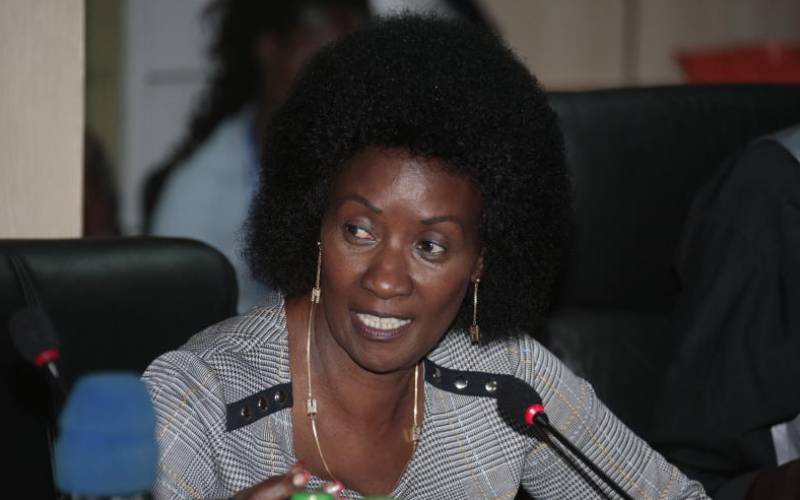×
The Standard e-Paper
Stay Informed, Even Offline

All secondary school teachers will have to undertake a one-year mandatory post-graduate diploma in teaching before they can be licenced to teach.
According to the new proposals outlined by Teachers Service Commission (TSC), all university graduates interested in teaching will have to procure a post-graduate diploma in education.